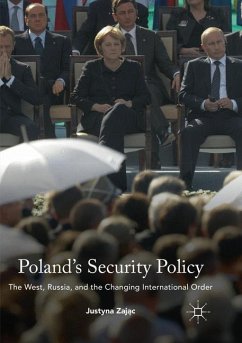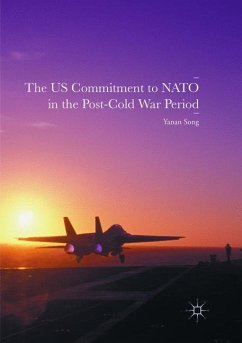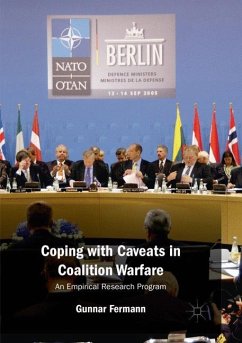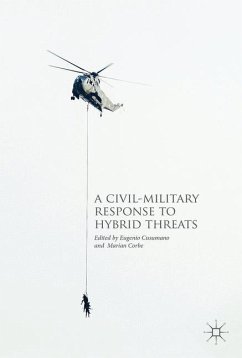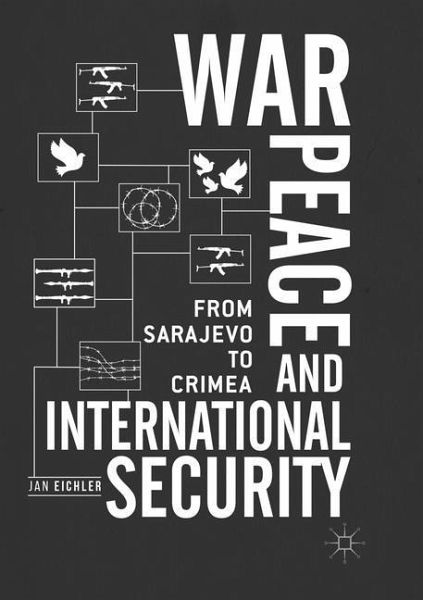
War, Peace and International Security
From Sarajevo to Crimea
Versandkostenfrei!
Versandfertig in 6-10 Tagen
76,99 €
inkl. MwSt.
Weitere Ausgaben:

PAYBACK Punkte
38 °P sammeln!
This book examines and explains the dialectic of war and peace between the outbreak of WWI and the Russian annexation of Crimea in 2014. The theoretical inspiration is built upon Galtung's concept of negative and positive peace, Aron´s distinction between strategy and diplomacy, and Carr´s theory of periodization. Here, the author compares globalization with the interwar period and examines how the first decade´s positive peace, diplomacy, and big hopes were replaced by negative peace, and explains the growing role of military strategy which culminated after the Russian annexation of Crimea...
This book examines and explains the dialectic of war and peace between the outbreak of WWI and the Russian annexation of Crimea in 2014. The theoretical inspiration is built upon Galtung's concept of negative and positive peace, Aron´s distinction between strategy and diplomacy, and Carr´s theory of periodization. Here, the author compares globalization with the interwar period and examines how the first decade´s positive peace, diplomacy, and big hopes were replaced by negative peace, and explains the growing role of military strategy which culminated after the Russian annexation of Crimea and the following military incidents between NATO and Russia. This volume will be of interest to teachers, students, and researchers in the fields of modern history, international security and peace studies.





